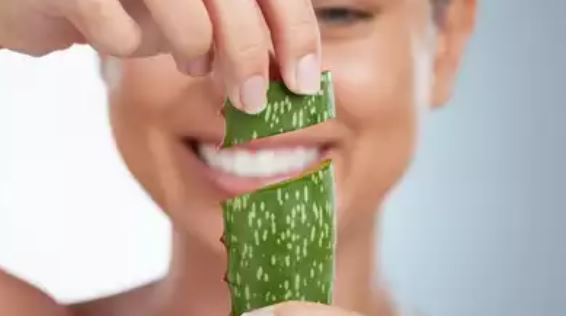Lifestyle
How to fade scars using milk

Scars are like the not-so-pleasant souvenirs of life’s little battles. Whether from a fall, acne, or surgery, they often linger longer than we’d like.
Why milk?
Milk contains lactic acid, a natural exfoliant that gently removes dead skin cells and promotes cell renewal. This process helps to lighten scars and even out skin tone.
Plus, it’s hydrating and soothing, making it perfect for all skin types. But how do you go from sipping on a glass to fading scars? Let’s get into it.
Step-by-step milk magic
1. The preparation
Start with fresh, preferably organic, milk—whole milk works best due to its higher fat content, which is more nourishing for the skin. Ensure your face is clean and makeup-free.
2. Application
Soak a cotton ball or a soft cloth in milk and apply it directly to the scarred areas. For an extra boost, you can mix a bit of honey with the milk for its antibacterial and healing properties.
3. Let it work
Leave the milk on your skin for about 15-20 minutes. This gives the lactic acid time to do its thing, gently exfoliating the scarred skin.
4. Rinse off
Wash off the milk with lukewarm water, and pat your skin dry with a soft towel. Follow up with your regular moisturizer to keep your skin hydrated.
Consistency is key
For best results, repeat this process daily. It’s not a quick fix; patience and consistency are your allies here. Over time, you should notice your scars becoming lighter and less noticeable.
Tips
While milk can be a fantastic natural remedy, it’s essential to listen to your skin. If you notice any irritation or adverse reactions, it might not be the right treatment for you.
And remember, while milk can help fade scars, it works best on newer scars. Older, more established scars might require professional treatments for significant improvement.
So, there you have it—a simple, budget-friendly way to help fade scars, all from the comfort of your home.










